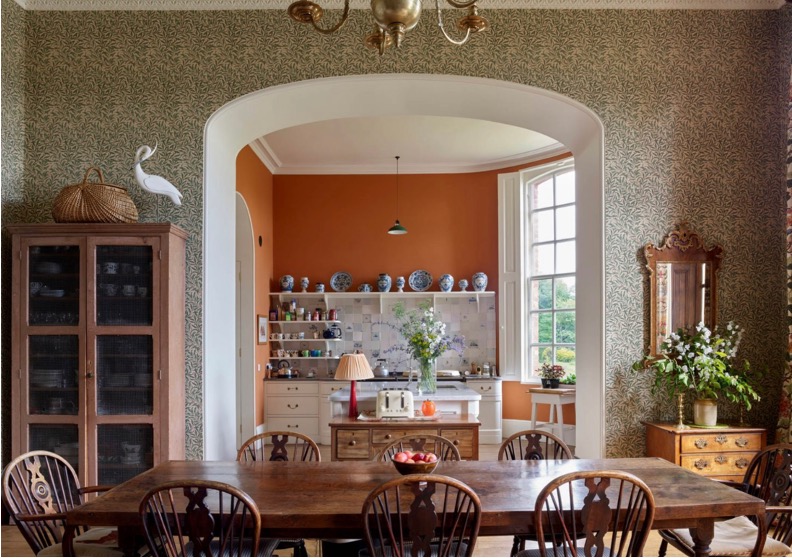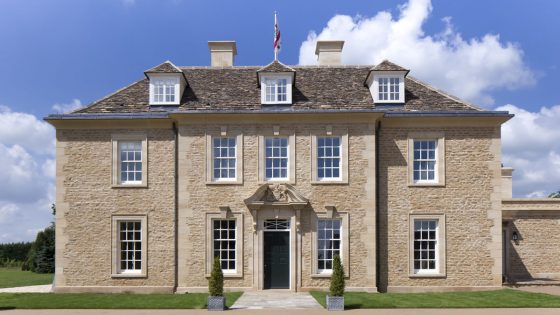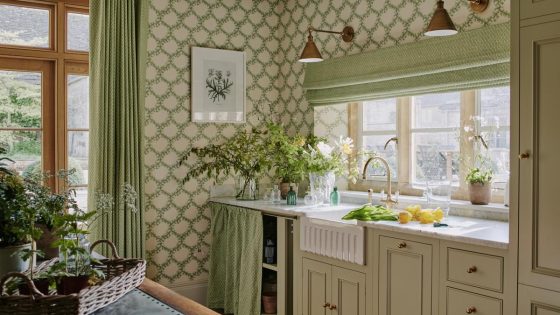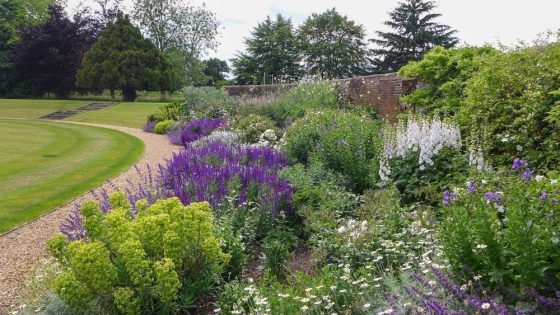There’s no reason why investing and hobbies can’t overlap – whisky, wine, antiques and classic cars are just a few of the luxury assets that can give great pleasure and a return on your investment. This Advice Paper shares some tips on collecting antiques.
Buying antiques is fun and immensely satisfying. The lure of the chase, the thrill of a bargain, the satisfaction of seeing a tired piece brought back to its former glory in the restoration process, are all part of it, but the way your home will feel and look is the ultimate reward.
Getting started.
Prices of good antique furniture are currently at historic lows which means it’s a great time to be a buyer. The first thing to do is to discover what styles and periods appeal to you. The best way to do this is to look at a lot of things to get your eye in.
Go to Antique Fairs where you’ll see a lot of dealers under one roof. Go to your local auction house and subscribe to their catalogues. Have a look at Instagram and Pinterest and collect images of things, and rooms that you like the look of. Following auction sales is a good way to start and a good way to learn about values and pricing.
Good pieces are hard to find.
Published pre-sales estimates are often very misleading. Usually anything of good design, un-altered, and in original condition (even if in need of extensive restoration), will make several times its top estimate, because authentic pieces are hard to find. And bear in mind that, in any sale, the majority of items will have something that needs restoring or repairing.
Be aware of auction house fees.
The other thing to be aware of is the ‘buyer’s premium’ – an unavoidable charge of 25% plus VAT levied by the auction house on top of the ‘hammer’ price, and the fact that almost anything bought at auction is likely to need some repair or restoration work doing to it which will add to the overall price.
Independent dealers can help.
So buying at auction can be a bit tricky. Another option is to buy from a dealer. Good dealers are experts in their chosen subject. They know the true value of a piece, so why not let them go to the auctions, select, and restore pieces, then buy ones you like from them.
How do you know if a dealer is a good one? They should be members of one of the two big trade associations, the British Antique Dealers Association (BADA) or London and Provincial Antique Dealers Association (LAPADA), but there are also many very fine dealers who are not, in which case word of mouth is your best guide.
Specialist advice.
Consider retaining a specialist, independent antiques expert to guide your purchases. This should ensure that you invest in pieces that have real merit and will hold their value for years to come. They’ll help you select pieces at auction which are worth bidding on, advise you how much to bid, and when to stop bidding if the price goes too high. They will be able to recommend and supervise specialist restorers and have a network of trusted dealers, and agents who will know of pieces for sale by private treaty. If you can buy directly from private owners in this way, without the services of an auction house, both buyer and seller can benefit.
Thanks. Tim Corfield, Corfield Morris.
© 2023 Middleton Advisors Our advice papers address top-level questions that are often raised over the course of our client relationships. This paper is not intended to offer specific advice and you should not proceed with any investment decision on the basis of the advice contained herein; we recommend that you undertake personalised consultation with Middleton or another professional advisor. Information accurate at publication date of May 2023.







